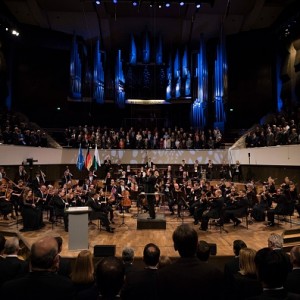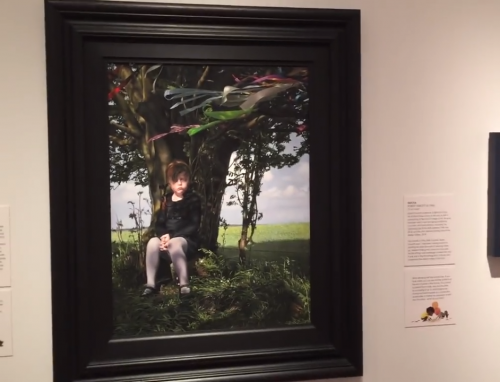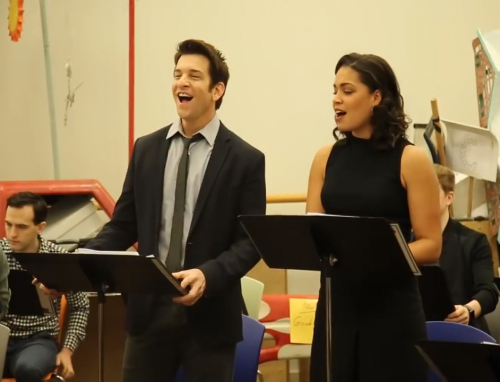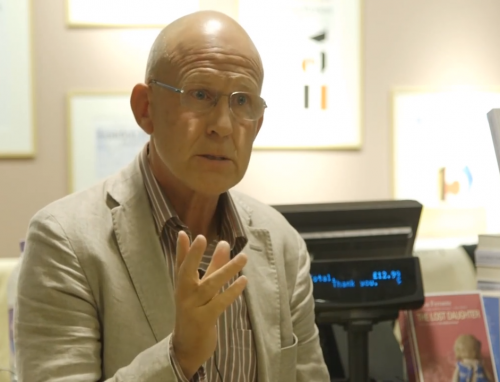Ancient Poetry of Assyria Planned To Be Archived In England
Poetry is of many types including sonnets, limericks, narratives and couplets. Each poem has its own characteristics and enigma. Geography, history and philosophy shape a region's literature and poetry is no different. Assyrian poetry, an ancient and dying art is on its last legs waiting for a miracle.
According to National Public Radio, Assyrian poetry is very rhythmic in nature and scholars link it to Middle-East specifically northeastern part of modern Iraq. Approximately 3-4 million Assyrian people are currently searching their root back to their ancestral glory but the region's destruction by past invaders and present terrorists render the task impossible.
As a result of displacement, Assyrian people are unable to keep up with their glorious literature. From quite a significant time the terrorist group ISIS has taken over most of Syria and has either mutilated or destroyed most of the Assyrian heritage sites.
Even the books and manuscripts are not spared. In the words of Nineb Lamassu, an Assyrian immigrant and an academic researcher in England's Cambridge University, "If we cannot keep them and preserve them, maybe we can preserve our other heritage that they cannot destroy." By this Lamassu means the only way to save the Assyrian poetry is to record them for passing on to the next generation. Lamassu is already working on it and has got almost a dozen of poems written in Assyrian verse recited in a traditional way and kept as records.
Assyrian culture is said to have derived from Babylonia. Assyrian literature and poetry evidently shows its direct influence. Aramaic which was the language of commerce and diplomacy in Babylon was used to write many Assyrian transcripts and was also added as a subject of study.
According to SOAS: University of London, the recordings of Assyrian poetry and verses are preserved for use of the Assyriologists, scholars and for the common public as well. This helps the concerned people to understand the dialect and pronunciation for reciting these poems aloud and how it should be done. It will also help the students and scholars to get more involved with the subject and its proper rendition.
Recordings of Assyrian poetry derived from the many ancient archives are to be heard in order to ascertain how present Assyrian scholars deal with the pronunciation of ancient Babylonian and Assyrian verses and its interpretation.
The future of Assyrian literature and poetry looks pretty gloomy. Unless there is a global effort, it is doomed. Scholars, students and Assyriologists must help in preserving as many masterpieces of this ancient language and poetry as possible and store them as recordings for future references. It will be really unfortunate if the next generation is devoid of such deep and rich poetry.
© 2025 The Classical Arts, All rights reserved. Do not reproduce without permission.









